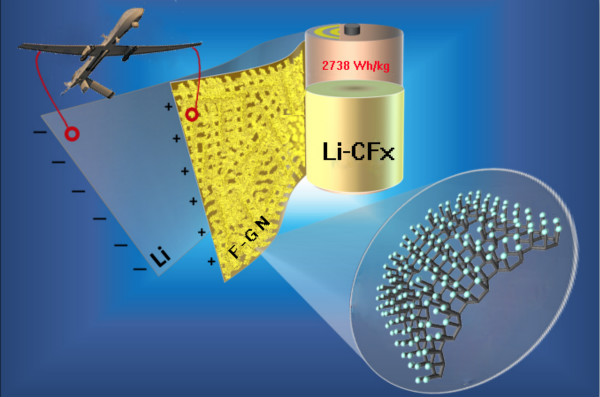TJU research team makes breakthrough on Ultra-high energy storage
 |
|
Scientists in Tianjin University Find the Path to Ultra-high Energy Storage Technology [Photo provided to exploringtianjin.com] |
Feng Wei, a professor at Tianjin University, led his team to develop an ultra-high-energy fluorinated carbon material that significantly improves on the performance of similar domestic and foreign products. The technology has been granted a number of Chinese and international patents.
As a key technology in realizing ultra-energy storage, it is expected to help China lead the way in that field.
Their findings shows that the energy density of the new material is 2,738 Wh/kg, which is 30 percent higher than that of similar foreign products and sets a new world record, and, as the materials works stably under large discharge current conditions, it realizes both high energy and high-power density.
"Currently, our team has realized the stable production of new fluorinated carbon materials, and has delved into scientific issues such as fluorination mechanisms, structural regulation, and electrochemical kinetics," said Feng. "I believe that this 'Created in China' material can be expected to gain the commanding heights in the global high-energy storage industry in the near future."
At present, the fluorinated carbon materials which dominate the international mainstream market are facing difficulties in achieving both "high energy density" and "high power density", which has become a technical bottleneck restricting human usage in the era of ultra-high energy storage.
Ultra-high energy storage technology is regarded as one of the important indicators of social progress. For example, Unmanned Aerial Vehicles (UAVs)s with ultra-long flight times, pacemakers that can last a lifetime, and bionic robot fish able to travel tens of thousands of kilometers in the ocean are just a few of its potential applications.
Since 2008, Feng has taken the lead in researching high energy density and power density of carbon fluoride materials by developing new materials with unique structures. After ten years of research, the team has pioneered the development of the world's newest fluorinated carbon materials by subverting covalent fluorocarbon structures.
Fluorinated carbon is the solid-state cathode material with the highest theoretical energy density in the world. It has broad application prospects in the fields of electronic devices, biomedicine and equipment power supply.
For a long time, developed countries in the west have regarded high-energy fluorocarbon preparation as a core technology, and it is strictly forbidden to export the technology or even to discuss it in public.
The development of related fields in China lags far behind the developed countries such as the United States and Japan. The performance of the country's products is far lower than that of products of foreign origin.
For now, the widely used fluorinated carbon materials in China mainly rely on foreign imports, and the price is as high as 6-8 million yuan ($894,000-1.19 million) per ton, which badly restricts the scientific research and industrial development in China.
This new type of fluorinated carbon material preparation technology marks China's progress over decades in the bottleneck technology of ultra-high energy storage breakthroughs.


















